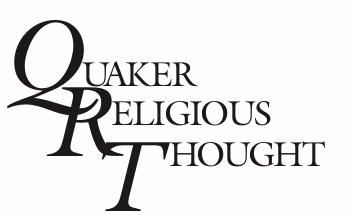
Abstract
This paper examines the multiple elements of Korean Quaker Ham Sok-Heon’s religious, political, and theological identity from the perspective of hybridity, with a special focus on the impact of that hybridity on Quaker reconciliation theology. In this article, I outline the basic elements of his ideas and context, emphasising the ways in which they interact in the intricate web of his thought. I also outline ways in which both reconciliation and Liberal Quaker theology are present in his ideas, and how exploring these overlaps would strengthen theological and ethical thought in both of these areas. His ideas are relatively unknown outside of Korea, due in part to the fact that very few of his writings have been translated: both literally translated from Korean, but also figuratively translated into non-Korean contexts. As I argue, however, his ideas are actually highly ‘translatable’ to both reconciliation theology and Liberal Quaker theology. As a result, I argue that any subsequent construction of Quaker reconciliation theology which fails to take Ham’s work into consideration is incomplete, especially due to the potential implications of his work to respond to the complex hybrid nature of both reconciliation and Liberal Quaker theology.
Recommended Citation
Randazzo, Dan Christy
(2017)
"The Complex Hybridity of Ham Sok-Heon,"
Quaker Religious Thought: Vol. 129, Article 4.
Available at:
https://digitalcommons.georgefox.edu/qrt/vol129/iss1/4
